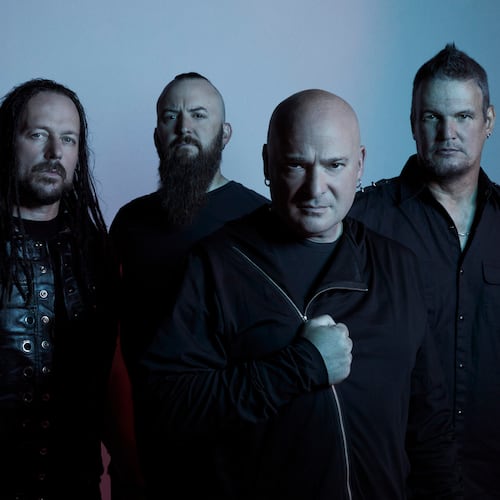On a recent Wednesday, second graders at Boyce L. Ansley School were showing off.
They listed every state in the country … in alphabetical order, told me about storms on Jupiter and shared what they knew about decomposers.
As the oldest students enrolled at this relatively new school, they are the most convincing ambassadors of its unique mission.
Credit: Miguel Martinez for The Atlanta Journal-Constitution
Credit: Miguel Martinez for The Atlanta Journal-Constitution
Founded in 2018, the Boyce L. Ansley School is a private, tuition-free school in downtown Atlanta for children whose families have experienced homelessness.
“A school for kids who are homeless is very specialized,” said Leah Skinner, head of school. “Before we get to academics, we have to see what happened the night before, and teachers have to help students manage that trauma.”
More than 45,500 children experience homelessness each year in Georgia, based on data from the Georgia Alliance to End Homelessness. In January 2020, 864 family households in the state experienced homelessness on any given day, according the U.S. Department of Housing and Urban Development. Children who are homeless experience a range of traumatic stressors that can result in educational and developmental difficulties.
Several years ago, school founder Kate Kennedy rallied fellow parishioners at St. Luke’s Episcopal Church to support a childcare program. She had learned that parents who are homeless often feel overwhelmed when enrolling their children in school. It’s one more task on a long to-do list to meet basic needs.
Although many families struggled with housing during the pandemic, the school remained open and continued to grow, moving from the ground floor of the church to a larger space on Ralph McGill Boulevard. The school currently serves 45 students in pre-K though second grades, adding an additional grade level each year with the goal of becoming a pre-K to 8 institution.
Mental health issues, drug abuse and physical abuse are just some types of trauma that families and children must manage, said Skinner. Children experiencing homelessness are four times more likely to be developmentally delayed and twice as likely to have learning disabilities.
With small class sizes, Boyce L. Ansley is small enough to give students focused attention. Volunteers, some of whom are former school teachers, provide one-on-one instruction when students need extra help.
“Academically, students are behind. They need a lot of intensive support … but the thing they need the most is consistency and love,” Skinner said. “I love that I can be hands on and make decisions that impact families in a positive way. I can immediately make changes if I don’t think something is working.”
Each morning, the school therapist and social worker determine if children need therapeutic services. Students may spend time in the therapy room — outfitted with blues, purples, calming lights and a plush chaise — or sleep on a comfortable bed before any educational instruction begins.
Credit: Miguel Martinez for The Atlanta Journal-Constitution
Credit: Miguel Martinez for The Atlanta Journal-Constitution
But Skinner has also recognized the need to help stabilize families dealing with their own generational traumas.
“If we don’t get them the tools they need to survive, they are just going to pass that down to their kids,” she said.
In addition to free tuition, uniforms and meals, families at the school receive transportation cards, gift cards, gas card and housing placements along with other financial assistance. To receive those additional benefits, parents must pledge to have their students present for at least 80% of the school year. Skinner plans to expand those requirements next year to include therapy sessions.
The goal is for students, who come from as far as Cobb, DeKalb and Clayton, to remain enrolled through eighth grade to provide consistency. A new capital campaign aims to raise $100,000 for two buses that will help parents meet the attendance requirements even if their housing situation changes. This year, the school is also hosting its inaugural fundraiser to expand its donor base, share its mission beyond the St. Luke’s community and raise money to help cover the $20,000 per student cost.
It is easy to think of homelessness as an adult problem, but as Skinner said, what these children have experienced will remain with them the rest of their lives.
The most vulnerable students in our society have always been left behind. The Boyce L. Ansley School is to be commended for lifting up the 45 homeless children and their families.
But with as many as 864 family households experiencing homelessness in Georgia on any given day, there’s still much work to be done.
Read more on the Real Life blog (www.ajc.com/opinion/real-life-blog/) and find Nedra on Facebook (www.facebook.com/AJCRealLifeColumn) and Twitter (@nrhoneajc) or email her at nedra.rhone@ajc.com.
About the Author
Keep Reading
The Latest
Featured



